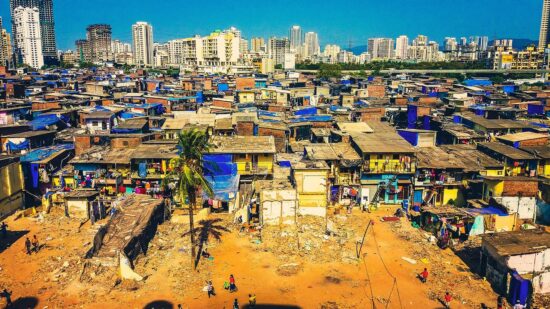The unseen climate health risks of antimicrobial resistance in urban informal settlements
Over a billion people worldwide live in informal settlements in developing cities without basic infrastructure, such as safe sanitation and clean water. These communities, which make up 20-40% of the urban population in low- and middle-income countries, are severely affected by climate change, including frequent flooding, extreme heat, storms, and rising sea levels. Urban informal settlements (UISs) also face health risks due to factors such as lack of sanitation, repeated flooding, poor drainage, inadequate road access, poor housing, limited access to clean water, close exposure to animals, livestock, vermin, and insects, and suboptimal health literacy. These factors lead to chronic exposure to disease-causing pathogens, leading to high rates of bacterial illness and long-term consequences in children.
AMR NEWS
Your Biweekly Source for Global AMR Insights!
Stay informed with the essential newsletter that brings together all the latest One Health news on antimicrobial resistance. Delivered straight to your inbox every two weeks, AMR NEWS provides a curated selection of international insights, key publications, and the latest updates in the fight against AMR.
Don’t miss out on staying ahead in the global AMR movement—subscribe now!







